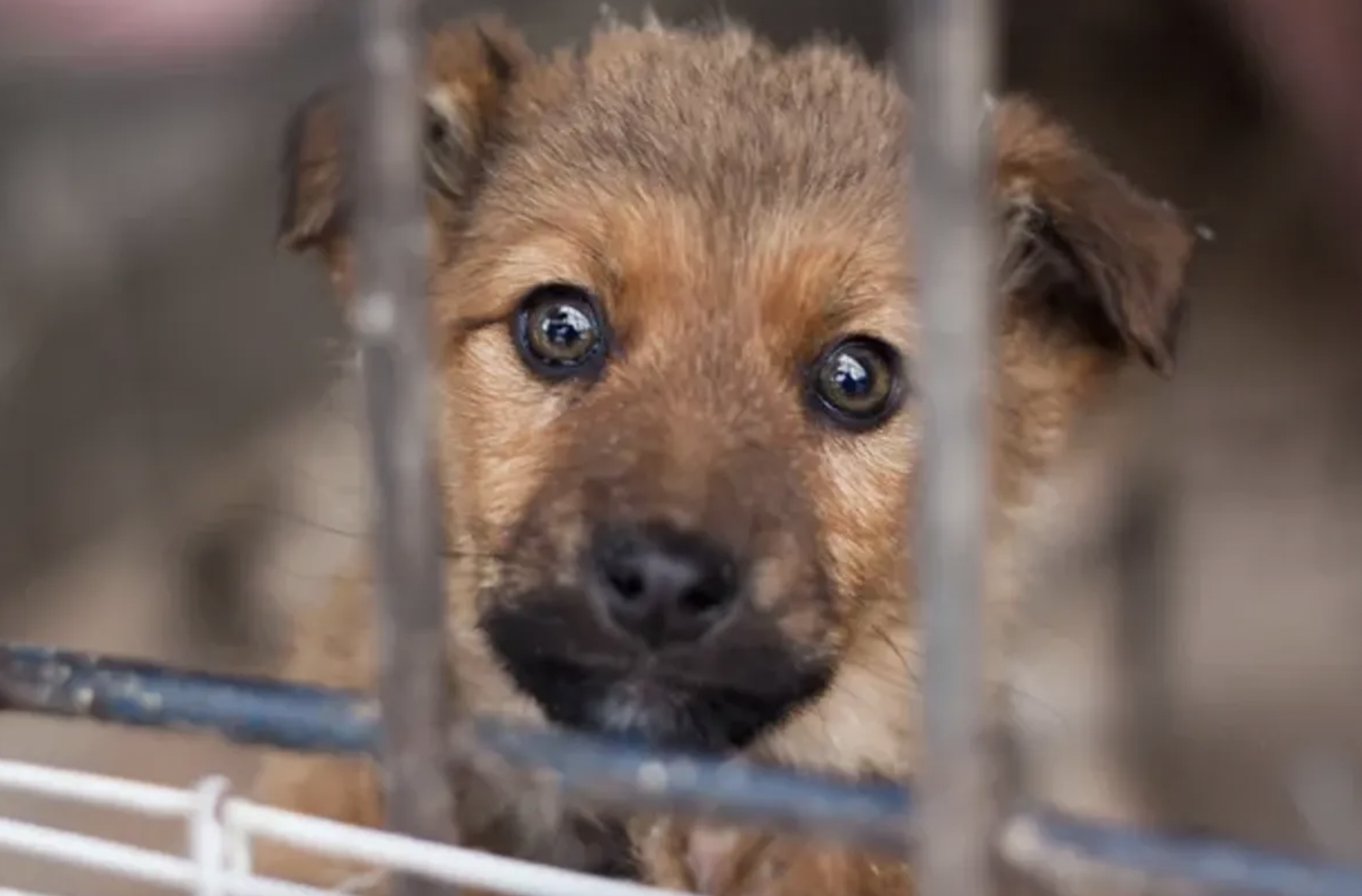Yeast infection
The odor of a dog’s breath can be a sign of a yeast infection. A yeast infection can produce a foul, musty odor. The condition can also result in your dog having a greasy, gooey coat and a frito-footed appearance. Fortunately, most veterinarians will be able to identify a yeast infection on sight. Fortunately, there are several ways you can treat the infection at home.
Kidney disease
Dogs breath smells can be a sign that your dog may have kidney problems. One out of every ten dogs develops kidney problems at some point in its life. Dogs with kidney disease will have urine or rotten meat breath. It’s important to see a veterinarian to find out what’s going on.
Diet changes
If your dog’s breath smells bad, there are several things you can do to change his or her diet. Changing his or her diet can help control the problem, but it may require some trial and error. You should also check your dog’s overall health to find out what could be causing his or her bad breath. Some common health problems that can lead to bad breath include liver and kidney disease.
Infections
Dogs can develop bad breath from a variety of causes. The most common is dental disease. The plaque and tartar on your dog’s teeth are a result of bacteria that live in the mouth. They can also be caused by certain foods your dog eats, such as bones and meat. Your veterinarian can determine the cause of the odor and provide treatment.
Diabetes
Dogs with diabetes have a unique smell. Their breath can smell like a sickly, sweet fruit, and it may also smell like acetone from nail polish. The smell is the result of an imbalance of bacteria in the dog’s gastrointestinal tract. A veterinarian should be consulted if the odor persists.
Coprophagia
Coprophagia is a habit in dogs that requires eating the fecal matter of their pack mates. It is a behavior that is closely tied to the dog’s evolutionary history with the wolf. While a healthy dog would likely keep its feces away from its living area, it would still be helpful to ingest poop because it would eliminate predatory odors.
